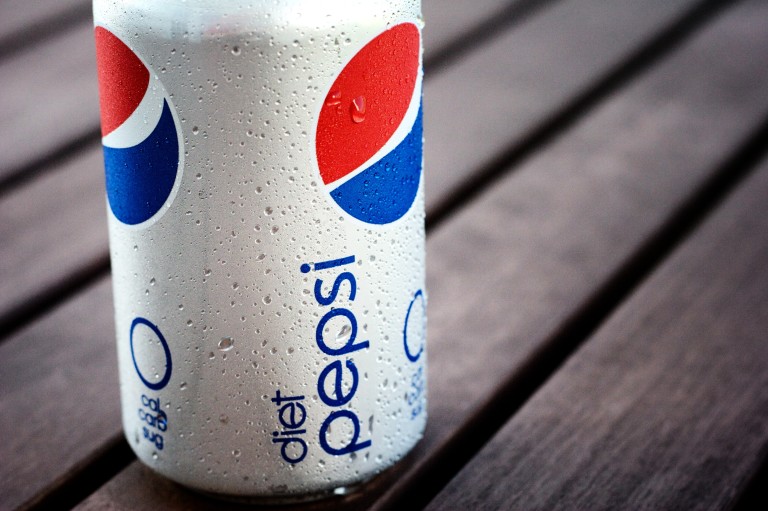By Robin Gericke, Features Editor
I used to enjoy soda every so often: a root beer float, Sprite and orange juice or an occasional Ale-8. Then I watched a documentary called ‘Fed Up,’ and my perspective changed. In the film, the narrator compares soda to cigarettes. Cigarette cartons are clearly labeled with warnings of how bad they are for your health. The narrator says that sodas should be labeled in the same way.
Why is soda picked on? It’s not actually the soda that’s the issue. It’s the sugar. In a study done at Princeton University, 43 rats that were addicted to cocaine were given the choice of cocaine or sugar water over a 15-day period, and 40 rats chose the sugar water. In another study, rats given sugar showed signs of addiction, including binging and withdrawals when the sugar was taken away.
‘Eat less, exercise more’ has been the motto for losing weight, but it’s not working. According to the Centers for Disease Control and Prevention, 34.9 percent of adults in the U. S. are obese. Sugar is not seen as the problem in American’s diets today. It’s the fat or the calories, food companies say. Low-fat, fat-free, reduced calorie – these are the ‘healthy’ options marketed in brightly colored boxes. Nutrition appears to be a shifty thing. We see the food pyramid and believe that carbs are good, yet later reports say protein should be the main focus of our diets. However, one thing that the majority of nutritionists, researchers and everyday people can agree on is that sugar is not good.
Just as cigarettes are the face of tobacco, soda is the face of sugar. The average American consumes 44 gallons of soda a year. The American Heart Association recommends women consume no more than six teaspoons of added sugar a day and men consume no more than nine teaspoons. A 20 oz. Coke contains 15 teaspoons of sugar, making sodas dangerous to our health.
As consumers, we choose whether or not to buy a soda or go through a drive-through. It is easy to write off people who sue McDonald’s for ‘making them fat.’ I used to think this was ridiculous, because no one is forcing consumers to buy a Big Mac. While this is true, no one forced consumers to buy cigarettes either, yet there are strict marketing restrictions in place for tobacco, especially marketing targeted at youth, thanks to the 1998 Tobacco Master Settlement Agreement. John Banzhaf is a leader of using lawsuits in an effort to advocate health. In 2002, he filed a lawsuit against McDonald’s for product liability, claiming that the company’s false advertising leads to childhood obesity. People scoffed at the lawsuit, which he lost. However, people did the same thing about his work against tobacco in the 1960s.
While I think it is a blurry line of restricting businesses and their marketing of products, I do believe that what has no beneficial value to consumers and is detrimental to their health should be labeled with a warning. I am supporting this cause by not drinking any soda in 2016. If a former smoker wanted to have ‘just one’ cigarette as a special treat, I would be appalled and protest their choice. In the same way, I am quitting what is clearly bad for me and society. I am quitting soda.



